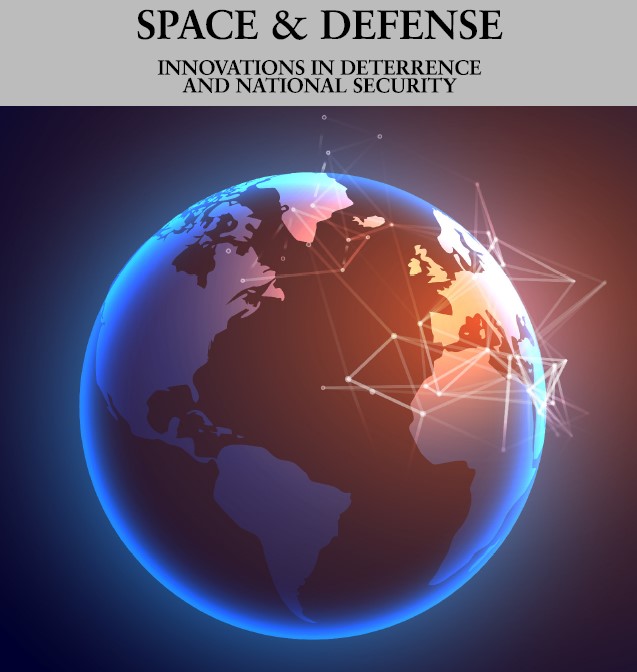Space and Defense

Abstract
International space commerce in the United States (U.S.) has entered into a period of great uncertainty regarding its current and future competitiveness and marketability of its products. This question arises because the U.S. with regard to space commerce remains frozen in a posture established first during the Cold War. The concern then was that no critical technologies be made available to U.S. enemies and their fellow travelers. The former were obvious while the latter were more problematic since that group also included states with which the U.S. wished to establish more positive relations including international trade. The mechanism used to monitor and control that trade process is the International Traffic in Arms Regulations (ITAR) regime applied by the U.S. Department of State. The issue is whether ITAR is still of the same value in a post-Cold War world and whether their enforcement might take a different approach. As will be discussed, changes in their application began especially toward the Cold War’s end, but those changes were largely reversed due to a combination of domestic politics and international uncertainty. The question is whether the ITAR as presently implemented meets the strategic interests of the U.S. or is their unintended effect one of undermining the U.S. ability to influence international trade with regard to space technologies. For other categories related to arms, the ITAR supports U.S. policy objectives even though their application is often characterized by excessive slowness and rigidity in application.
DOI
10.32873/uno.dc.sd.02.01.1220
Recommended Citation
Handberg, Roger
(2008)
"The American Bubble: International Traffic in Arms Regulations and Space Commerce,"
Space and Defense: Vol. 2:
No.
0, Article 5.
DOI: 10.32873/uno.dc.sd.02.01.1220
Available at:
https://digitalcommons.unomaha.edu/spaceanddefense/vol2/iss0/5
Included in
Asian Studies Commons, Aviation and Space Education Commons, Defense and Security Studies Commons, Eastern European Studies Commons, International Relations Commons, Leadership Studies Commons, Near and Middle Eastern Studies Commons, Nuclear Engineering Commons, Science and Technology Studies Commons, Space Vehicles Commons
